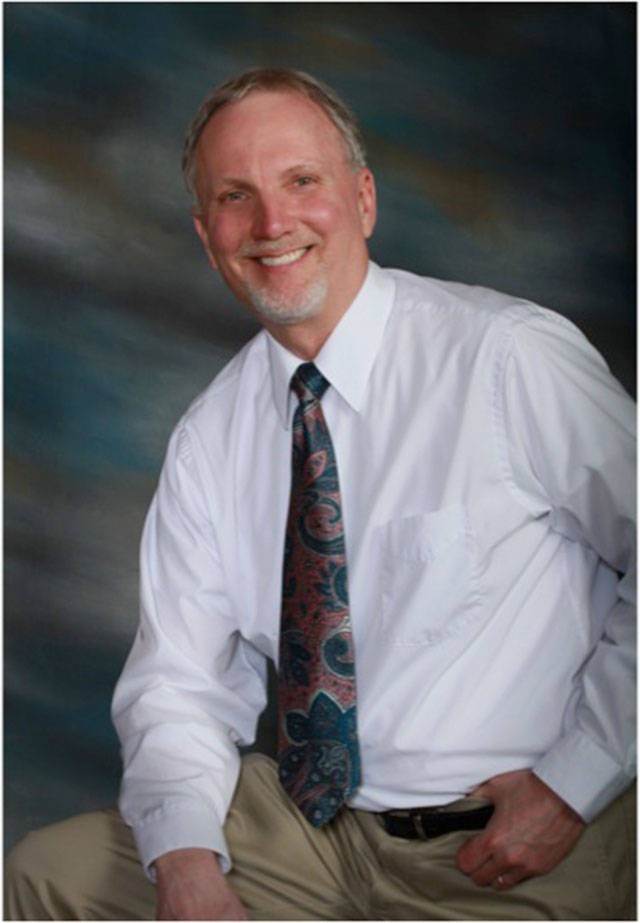“If You Don’t Know What to Do, Be Honest, Or At Least Don’t Lie.”
These words are Rule No. 8 of Jordan Peterson’s bestseller, “12 Rules of Life: An Antidote to Chaos.” This axiom is helpful to me because I often find myself in situations where I don’t know what to say. Peterson’s solution is simple and it usually works.
Peterson gives a narrative of how he came to this concept. He was a young clinical psychologist at McGill University in Montreal. As part of his training, he and his classmates worked at Montreal’s Douglas Hospital where they came in contact with the mentally ill. In this instance, they were standing in line awaiting further instruction from their professor when one of the female students was confronted by a fragile, long-term patient with schizophrenia.
The patient, a woman, asked the student in a friendly way, “Why are you all standing here? What are you doing? Can I come along with you?” The student turned to Peterson and asked what she should say. Both were concerned that their answer might either be seen as a rejection or a reprimand.
There were no set rules or cues to guide them. Peterson saw two options: the first, a face-saving story, the other a truthful answer. To say, “We can only take eight people in our group” or “We are just leaving the hospital now” would fall into the first category.
Peterson instead said that they were new students training to be psychologists and the woman couldn’t join them for that reason. The patient’s reaction was at first crestfallen and then accepting. It was all right. That was reality.
On another occasion he was working with a dangerous paranoid patient. Paranoid people see conspiracies everywhere. They become hyper-alert and hyper-focused. Nonverbal cues are intensely observed way beyond normal human behavior.
This patient began to tell hair-raising fantasies about flailing people for revenge. Peterson listened carefully and responded in a way to show how the patient’s words affected him. Peterson said that his words scared him and that his behavior was misguided and would get the patient in trouble.
Peterson’s words calmed him. This open, honest response built a level of trust between the psychologist and his patient. To get a paranoid patient to open up to you, you need to speak carefully and truthfully.
In another case, Peterson and his wife had a big, strong, ex-con, alcoholic, French-Canadian biker landlord who was trying to stop drinking and would go on days-long binges. On some of those binges he would knock on their door at 2 or 4 in the morning, offering to sell his toaster or microwave so he could buy more liquor to drink.
At first, Peterson bought the items. Finally, his wife convinced him he couldn’t do it anymore.
When the biker landlord came again, Peterson carefully and thoughtfully reminded the landlord that he had told them he was trying to quit drinking. Giving him money for his housewares was not good for the landlord. Peterson also told the landlord that he frightened Peterson’s wife when he came over in the middle of the night to sell some appliance.
The landlord was silent for 15 seconds, looking for any micro expression that revealed sarcasm, deceit or contempt. Then he turned and went to his house, never attempting to sell anything to them again.
Peterson’s examples are extreme, but we all find ourselves in situations where we don’t know what to say. The point of Peterson’s Rule No. 8 is that taking the easy way out versus telling the truth is more than two different choices – they are two different ways of living. Telling the truth in a humble and caring way, or at least not lying, is a far better life choice than telling an untruth.
When in doubt tell the truth.


